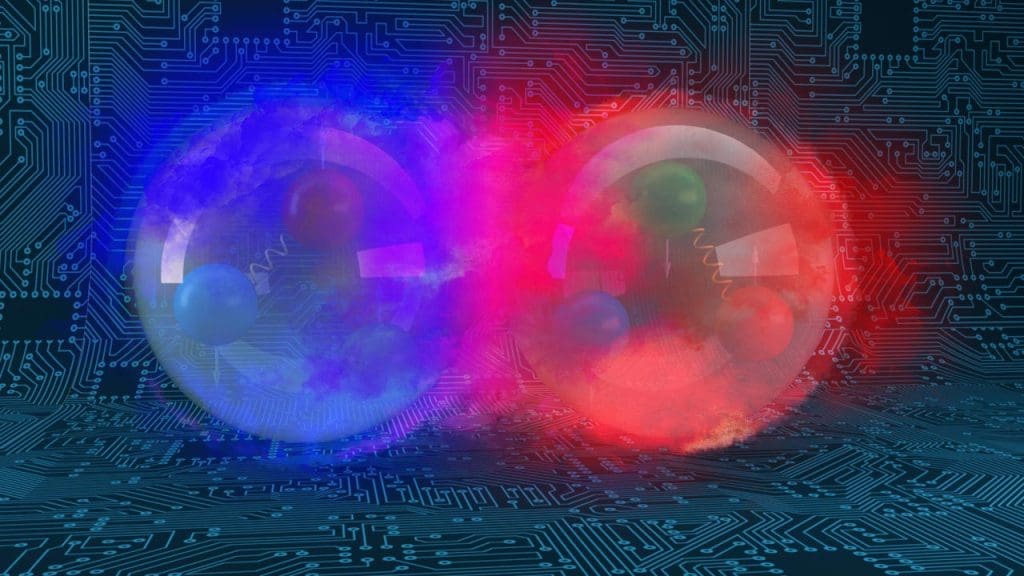In today’s digital age, privacy is a growing concern as technology evolves at an unprecedented pace. As these technologies become more advanced, the line between public and private life continues to blur. Here, I delve into eight technologies that have the potential to erase privacy as we know it.
Advanced Facial Recognition Systems

Facial recognition technology has advanced rapidly, offering unprecedented capabilities in identifying individuals in public spaces. These systems are now integrated into various applications, from law enforcement to social media platforms. While they provide convenience and security, they also raise significant privacy concerns. The ability to identify and track individuals without consent poses a threat to personal privacy. For more about the implications of this technology, see this research article.
Ubiquitous Surveillance Cameras

Surveillance cameras are everywhere, from city streets to shopping malls, capturing every move we make. While they enhance security and deter crime, they also contribute to a surveillance state where privacy is compromised. The presence of cameras in nearly every public setting means individuals are constantly being watched and recorded, often without their knowledge or consent.
Internet of Things (IoT) Devices

The Internet of Things has brought a new level of connectivity to our lives, with devices from smart thermostats to wearable fitness trackers. These devices collect vast amounts of data about our habits and routines. While they offer convenience, they also raise concerns about how this data is used and who has access to it. IoT devices can become gateways for privacy invasions if not properly secured.
Artificial Intelligence in Data Analysis

Artificial Intelligence (AI) has revolutionized data analysis, allowing for the processing and interpretation of massive datasets at incredible speeds. However, this capability also means that personal data can be analyzed and exploited in ways that were previously impossible. The potential for misuse of AI-driven data analysis is vast, as detailed in this comprehensive overview.
Biometric Tracking Technologies

Biometric tracking technologies, such as fingerprint and iris scanners, have become common in securing devices and facilities. While they offer enhanced security, they also pose unique privacy challenges. Biometric data is inherently personal and, once compromised, cannot be changed like a password. The widespread use of biometrics raises questions about how this sensitive information is stored and protected.
Geolocation and GPS Tracking

Geolocation and GPS tracking technologies have made it possible to pinpoint an individual’s location with remarkable accuracy. While useful for navigation and emergency services, these technologies also enable tracking of personal movements. The potential for misuse is significant, with concerns about who has access to location data and how it is used. For a deeper exploration, consider this engaging discussion.
Social Media Data Mining

Social media platforms have become treasure troves of personal data, ripe for mining by organizations and marketers. The information shared on social media can reveal intimate details about our lives, preferences, and behaviors. Data mining techniques can aggregate this information to create detailed profiles, raising significant privacy concerns. Users must remain vigilant about the information they share online.
Quantum Computing and Encryption Breaking

Quantum computing promises to revolutionize computing power, but it also poses a threat to current encryption methods. As quantum computers become more advanced, they could potentially break the encryption that protects sensitive data. This development could render current security measures obsolete, leading to new vulnerabilities in data protection. The potential implications are profound, as suggested by this insightful analysis.